Two of my friends were recently diagnosed with ovarian cancer. Both are relatively young (under 55) and neither had a history of it in their family. I was totally floored, especially since one of the friends is someone I know from the gym, where she consistently worked out. Another thing that shocked me? There is no regular screening process for ovarian cancer like there is for cervical or endometrial cancer. You can't find it in a Pap exam, either. Neither friend had an inkling they had cancer until they had full-blown CANCER.
I was so spooked by my friends' experiences that I decided to do some research. Every year, thousands of women will have the same experiences my friends did. Many, unfortunately, will die. But maybe they don't have to. Not if they know what to look for.
One in 70 women will be diagnosed with ovarian cancer in her lifetime.

That's about the same risk of a woman getting breast cancer in her 40s. Most of those women will be in their 60s, but many, like my two friends, will be younger. Some, like 25-year-old model Elly Mayday, much younger.
The biggest risk factors, says Dr. Joycelyn Speight, a radiation oncologist, are a family history of it or if the woman is carrying the BRCA gene or if she has Lynch syndrome. The last two would require genetic testing, including periodic transvaginal ultrasounds and/or the CA-125 blood test. Angelina Jolie made headlines when she opted for a double mastectomy when she discovered she carries the BRAC1 gene (her mother, Marcheline, died of ovarian cancer at age 56).
There are other smaller risk factors that could have some role in a woman developing ovarian cancer (but are not nearly as influential as BRCA or a family history), including having started her period early (for women in their 50s or 60s, this might mean at 8 or 9 years old), trouble getting pregnant, not having had any kids, and a history of the inflammatory disease endometriosis.
If you're like me and don't have any kind of history, we still need to be on top of our game. Look for the signs and don't ignore them. The scary part? The symptoms tend to be vague and sneaky, symptoms that could be associated with a wide array of issues — or they could be nothing at all.
"Early diagnosis is key," says Dr. Speight, who is based in Las Vegas. "Since we don't have a good screening tool now, increased awareness by the patient and health-care providers is very important. Women must feel empowered to go to the doctor if they're concerned."
These are some of the symptoms to watch out for and are worth getting checked out by a medical professional:
1. Stomach pain

In the cases of my two friends, both had stomach aches. My first friend thought she had food poisoning. She ignored the symptoms for a few days, thinking it would go away. And then suddenly she had excruciating pain — an ovary had burst and she rushed to the emergency room. The burst ovary probably had nothing to do with the ovarian cancer doctors discovered. But luckily it happened, or she might have ignored her "stomach ache" for longer.
2. Abnormal bloating
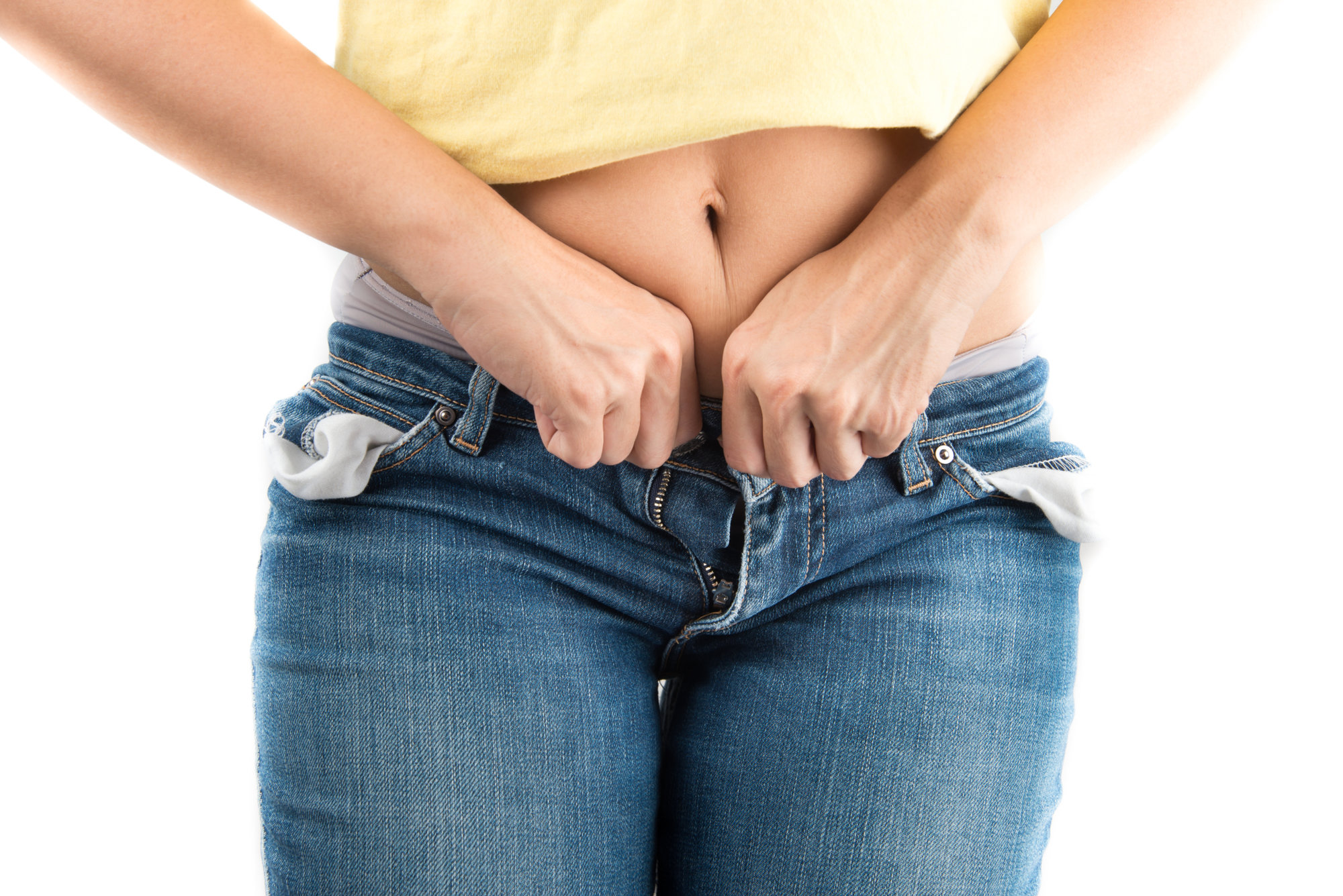
My other friend had long noticed that her stomach was slightly distended and bloated, even after she watched her weight and worked out regularly. Then one day, she felt what she described as a "sloshing" in her belly — as if there were fluid in it. She went to the doctor, who thankfully did not dismiss her concerns as irritable bowel syndrome, and sent her to a specialist.
3. Loss of appetite

Another sign of ovarian cancer is loss of appetite and feeling "full" quickly after starting a meal.
4. Painful lumps
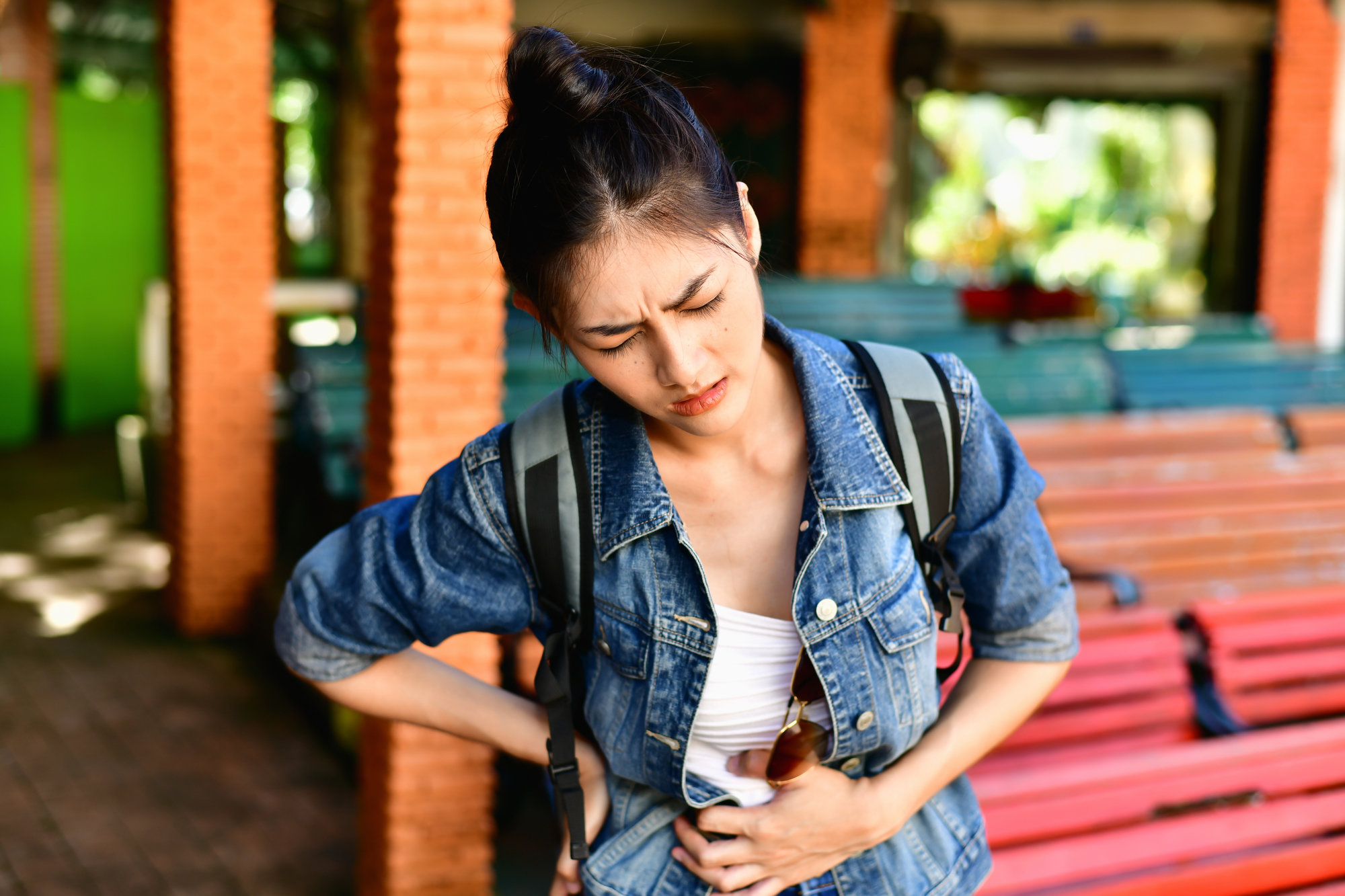
Painful areas or lumps in the abdomen could indicate ovarian cancer.
5. Fatigue
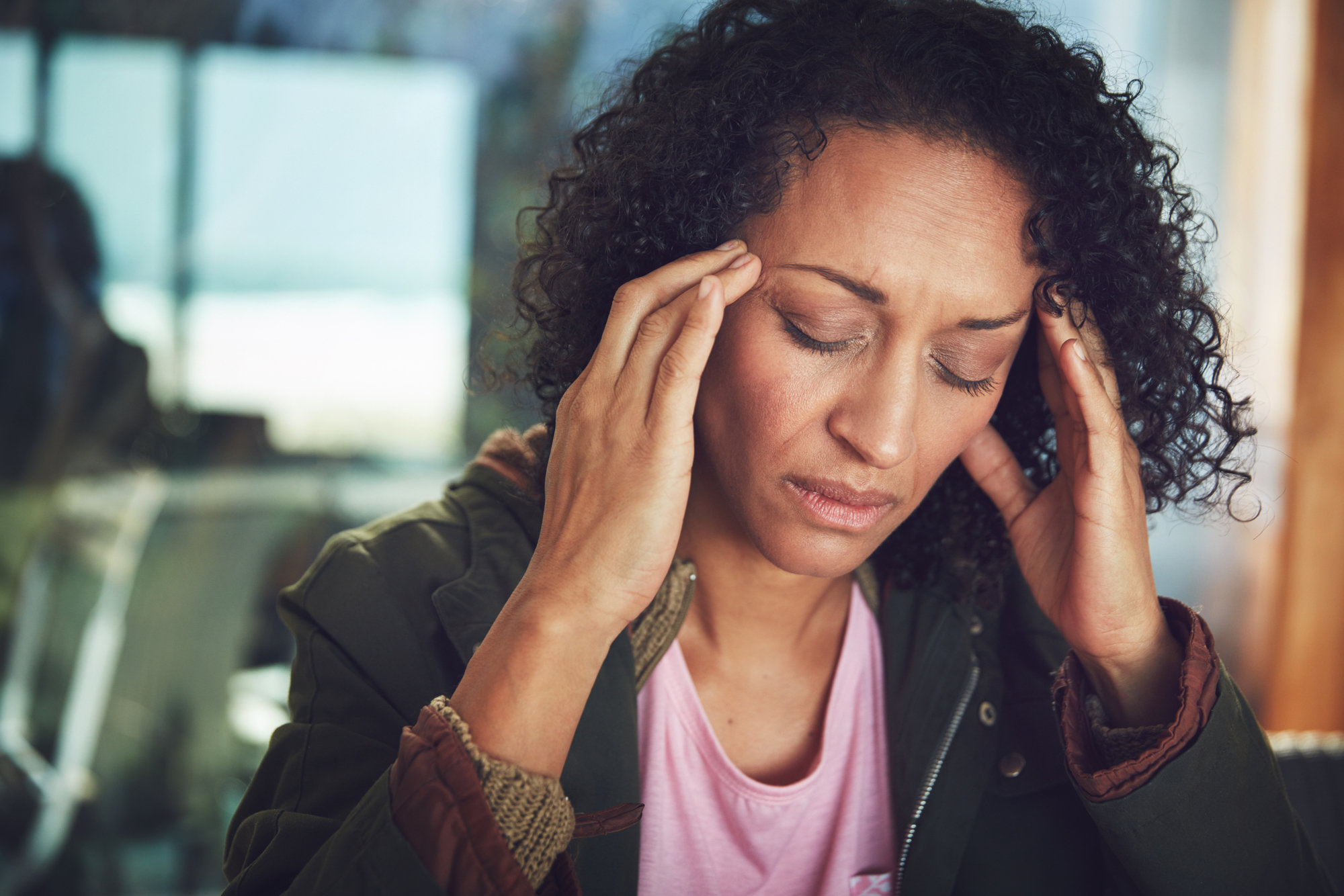
Still being fatigued even after you've rested can be a sign of ovarian cancer.
6. Frequent urination

If you're thinking, I am one of those frequent urinators. Does this mean I have it? Of course it doesn't!
Many women, myself included, have had most or all of these things at one time or another. Don't panic. The key is whether these symptoms are not your normal state. Did they come on suddenly and haven't gone away after a couple of weeks? Are they more noticeable and painful and insistent than you previously have experienced?
You may be thinking: "I'm sort of worried. What should I do?"
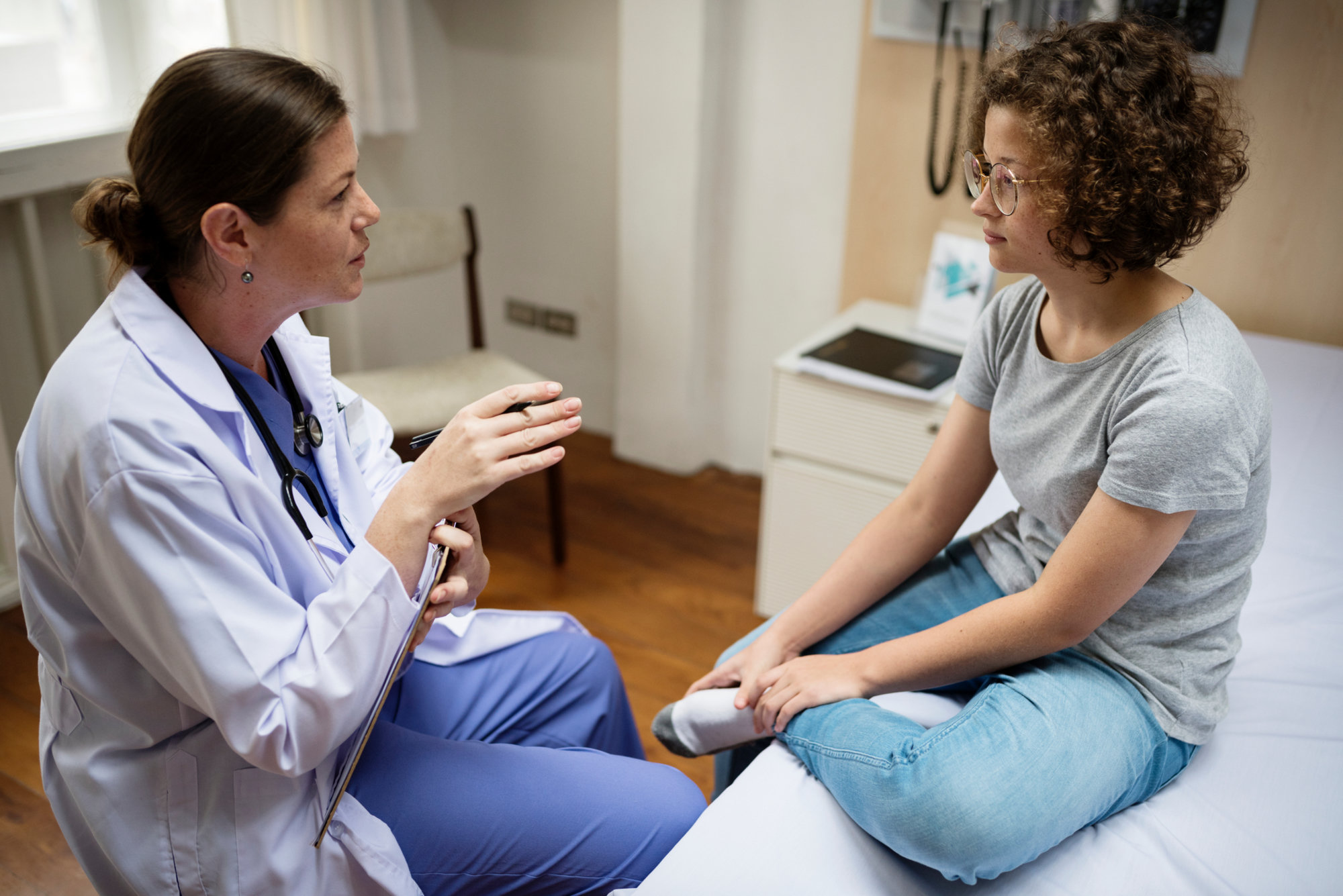
If you have symptoms that could be signs of ovarian cancer, go to a gynecologist! Not an internal medicine doctor. "[Gynecologists] are usually more in tune with a woman's body," Dr. Speight says. If your concerns are dismissed and you truly feel they shouldn't be, don't be afraid to get a second, even a third, opinion.
Can you prevent ovarian cancer?
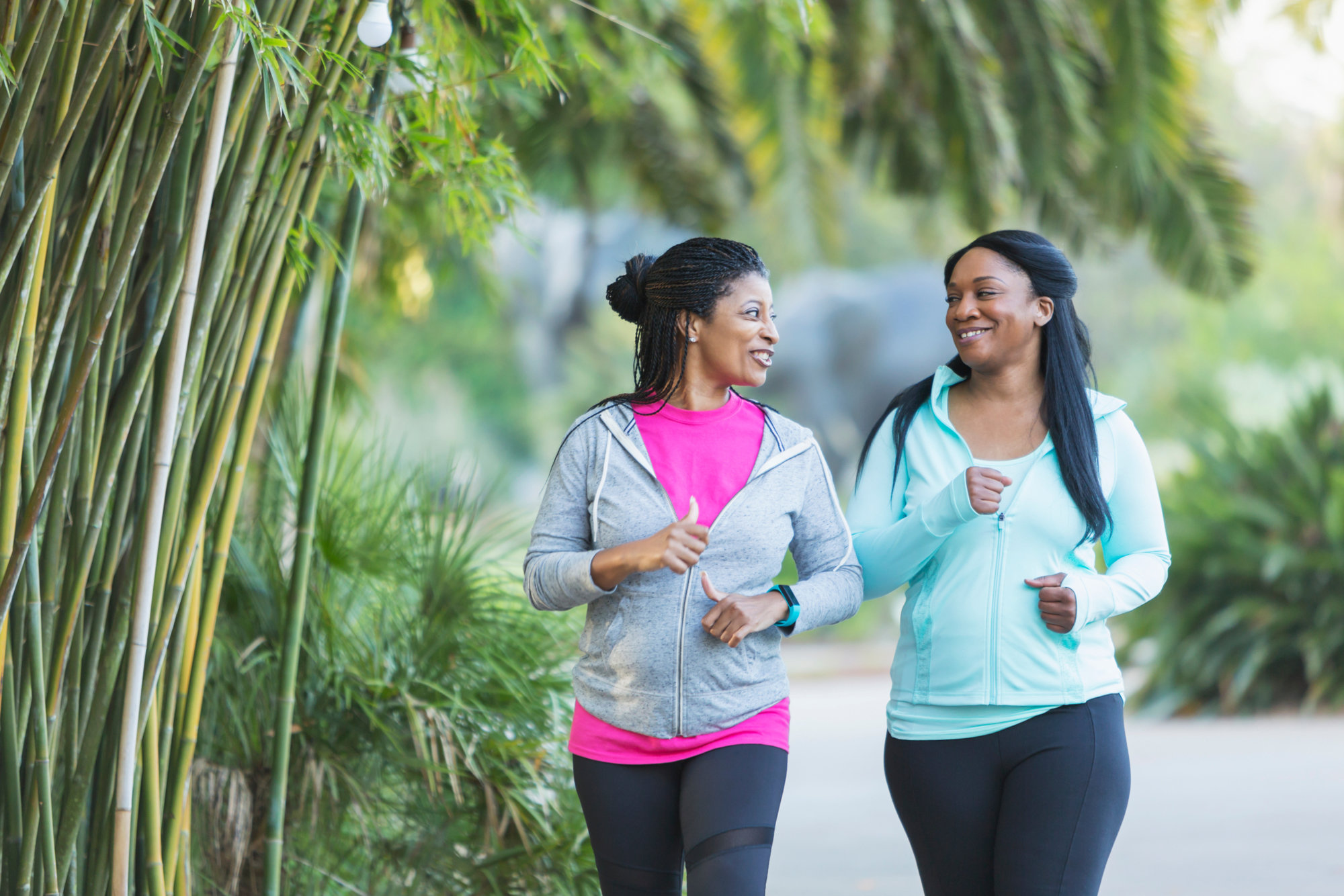
You can absolutely lower your risk by doing a couple important things that will probably not surprise you but are worth hearing again:
1. Stay healthy. Yes, we've heard it a million times. Eat right, don't drink yourself stupid, quit the cigs, work out, etc. While there is no real scientific evidence proving that doing those things will decrease your chances of getting ovarian cancer, it can help your overall immune system. Dr. Speight says healthy habits can keep your "immune surveillance system" in working order though, so it's important to keep up a healthy lifestyle for general health benefits.
2. Pay attention to your body and the signals it's sending you. Do not put off going to a doctor if you suspect something is wrong. Only YOU truly know your body. You must be its advocate.
My friends were both lucky their cancer was caught early. If you catch ovarian cancer in stages 1 or 2, says Dr. Speight, you have a 90 percent chance of hitting the five-year recovery mark (the amount of time where a person is generally considered to have "beaten" cancer — though it can still come back). Catch it in stages 3 or 4, however, when most women discover it, and your odds drop dramatically to 5 to 20 percent.
We're all busy. We don't want to think about health issues. It's so easy to think, "Oh, it's just a stomach ache. I need to get Billy to his soccer game. I need to get Katie to her singing lessons. I need to finish this paper. I don't want to ask my boss for any more time off. I'm sure it's nothing."
But your kids need you. So do your friends and your family. And you probably want to stick around for a while. So read all of the above again, listen to your body, and do not prioritize everyone else over you.




